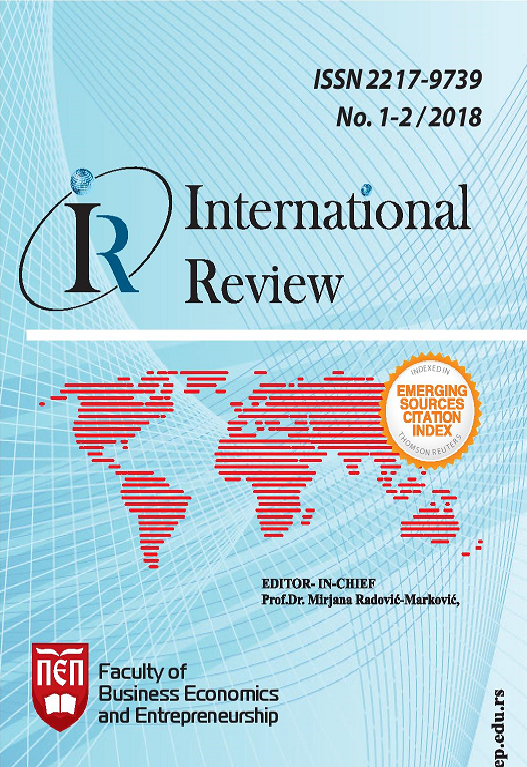E-commerce law, and WTO with reference to Iran
E-commerce law, and WTO with reference to Iran
Author(s): Solmaz BesharatSubject(s): Economy
Published by: Visoka škola za poslovnu ekonomiju i preduzetništvo
Keywords: E-commerce law; WTO; Iran; UNCITRAL; Cyberspace
Summary/Abstract: World-wide, with the increasing proliferation of the Internet, E-commerce has become commonplace. E-commerce transactions take place between companies, companies and people or between different countries and consumers. E-commerce covers B2B (Business to Business), B2C (Business to Consumer), C2C (Consumer to Consumer), and G2C (Government to Consumer). E-commerce is widespread, but no standard law is uniformly followed by all consumers and countries. In the e-commerce space, WTO and UNCITRAL have attempted some standardization. Starting December 1996, UNCITRAL (United Nations Commission on International Trade Law) adopted the Model Law on Electronic Commerce, to protect consumers in different commercial activities. The WTO (World Trade Organization) goal is an open market scenario that reduces economic stressors, which could trigger armed conflict. WTO member countries are involved in more than 97% of world trade, including ecommerce, and every member state abides by its rules and regulations. For this reason, many non-members have applied for membership. Iran, which has applied more than twenty times for membership in WTO, thinks that WTO is important for its economy because as a negotiating table it encourages global economic development, cuts down protectionism like domestic market access barriers, and creates free trade conditions. How ready is Iran? This article briefly touches upon different aspects of e-commerce.
Journal: International Review
- Issue Year: 2018
- Issue No: 1-2
- Page Range: 138-145
- Page Count: 8
- Language: English

